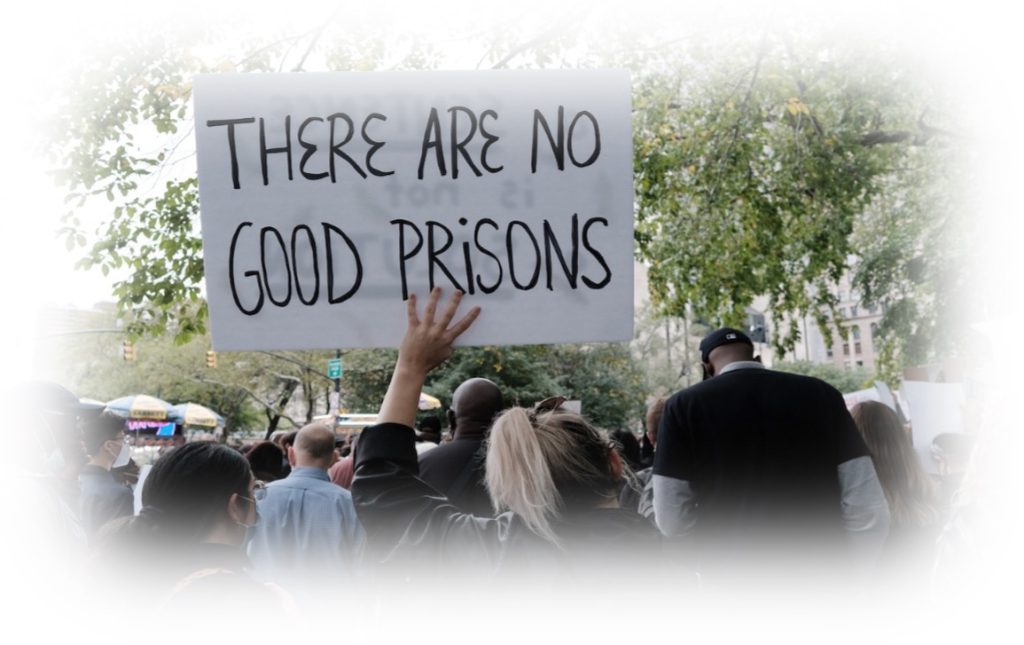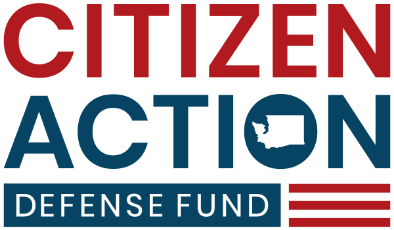
Washington’s Supreme Court has just quietly upended a keystone of any functional criminal justice system, amending Criminal Rule 8.3(b) to now permit judges broad discretion to dismiss charges against defendants. While the old rule effectively restricted this power to instances of prosecutorial misconduct—to when a defendant could show “prejudice affecting” their “right to a fair trial,” the new version permits judges to dismiss charges based on a hodgepodge of factors that are, essentially, of their choosing.
Where the rule once required a judge agree that a prejudice against the defendant “materially affect[ed] the accused right to a fair trial” in order to dismiss, the revision invites Evergreen’s jurists to consider “the seriousness and circumstances of the offense,” “the impact of a dismissal or lack of dismissal on the safety and welfare of the community” or “upon the confidence of the public in the criminal justice system,” and “the degree and impact of the arbitrary action or governmental misconduct.” The “degree” in what terms? Depth? Extent? Individuals affected? “Impact,” too, is dangerously open-ended, without the merest whiff of a limiting principle. With no need to explain themselves, judges bent on molding the justice system in their image can now simply call the prosecution of an alleged rapist, say, a greater threat to the public’s “confidence” in the courts than are the “safety and welfare” dangers that will result from his release without charge.
For years now, judicial discretion in setting bail has opened many of our eyes to the extent to which some judges will go to prioritize the interests of record-proven criminals over those of the vast majority of law-abiding Washingtonians. Stories abound—albeit mostly out of Seattle and Tacoma—of judges aiding, abetting, or even downright initiating the “catch-and-release” of repeat offenders. Some recent examples include self-styled “resistance” judge Veronica Galvan’s decision to release an armed-robbery suspect who proceeded to murder a child, the release of a drunk driver accused of homicide because the judge chose to “believe that he is going to continue engaging in the good law-abiding behavior that he has been engaging in,” and in 2023 when a Seattle judge released an arson suspect who held the entire South Union neighborhood in constant thrall.
The new Rule 8.3(b) is a serious escalation of this trend—a bizarre, now-yearslong fight of some judges (though hardly all, or even most) against well-placed public concerns for public safety. As if it is the public who must be punished for even questioning whether violent criminals should be afforded third, fourth . . . even sixth “chances” to rehabilitate without any orderly intervention. This cannot possibly end well.
The old rule did not coddle prosecutors or insulate them from real accountability for engaging in prejudicial conduct. Indeed, the existing “prejudice” check already ensured that judges had the discretionary means to protect the accused from unfair trials. Woe are we for not also equipping judges with the power to protect them from any trial at all. The effect of the rule change is to remind the public that judges and not the people themselves know what is in their best interests.
Still, the pro-criminal set should not celebrate just yet, for the revised rule also risks emboldening “hanging judges”—to use the term metaphorically. At least one of the new factors could actually be read to greenlight prosecutions fatally contaminated with state conduct “materially affect[ing] the accused’s right to a fair trial” under the old regime because now judges must also consider whether an otherwise slam-dunk dismissal might too greatly shake public “confidence” in the criminal justice system. Too much judicial discretion cuts in both directions. It is equally plausible that a judge might uphold prejudice-riven charges in the face of placard-laden calls for blood while another dismiss untainted charges- a potentially unintended consequence of the rule change.
This degree of judicial discretion does not make us safer, nor does it afford the accused with greater protections than the existing “prejudice” rule already provides. Instead, it simply empowers judges to override the criminal-justice priorities of all Washingtonians–as expressed through their duly-elected prosecutors—and replace it with his or her vision of a well-functioning society. This has never been within the jurists’ purview—nor should it be (as it unfortunately now is in a handful of other states). Prosecutors across the political divide have voiced their serious concern, including Kathy Ungerman of the King County Prosecuting Attorney’s Office, who forewarned that the revision, among other things, would render “prejudice” an optional variable and, in so doing “untether[] the rule from due process.” Snohomish County’s prosecutors, meanwhile, cautioned that amending Rule 8.3(b) to remove the “prejudice” requirement contradicts a mountain of caselaw precedent built over decades and constitutes “an improper attempt to avoid stare decisis through the rule-making process.”
Beyond the immense practical dangers already beheld in the bail context, imbuing judges with the power to decide whether certain criminal charges should even proceed flips the entire judicial enterprise on its head. Judges already possess the awesome power to interpret the law as justice demands it. This is what they are elected or appointed to do. It is a more than an improvident usurpation. Endowed, too—and by their own fiat, no less—with the will to decide when to pursue justice, how can the public ever again trust that any judges’ decision in a criminal case is not also driven by the latter urge? Rules that muddle this line do far more to erode public confidence in the criminal-justice system than any one case ever could.
We at CADF respectfully implore the Washington Supreme Court to reverse its revision of Criminal Rule 8.3(b). Not only is this the right thing to do. It also avoids the mountain of litigation and legislation likely to shadow such an odd rule for years, if not decades, to come.
Alki,
Sam Spiegelman
